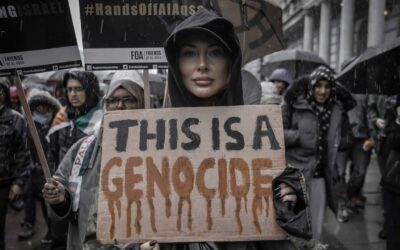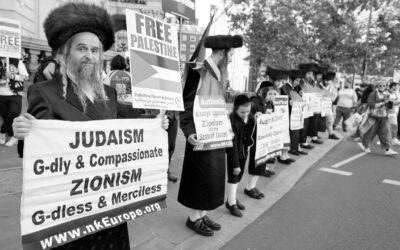In an expected announcement, Russia declared that it recognized the independence of the two separatist regions of Georgia South Ossetia and Abkhazia on Tuesday. The announcement was condemned by some Western nations. The U.S. responded by saying it would block any further effort for greater recognition through the United Nations Security Council.
The move comes after Georgia and Russia agreed to a cease-fire after warfare that erupted on August 7 when Georgia sent military forces to capture Tskhinvali, the capital of South Ossetia. Russian peacekeepers were reportedly killed in the attack. Russia then sent military forces into Georgia to intervene, claiming that Georgia had engaged in “ethnic cleansing” and citing defense of the breakaway regions as justification.
The U.S. has condemned Russia’s intervention in Georgia, a country that it has given a great deal of military support to and which it would like to see join NATO, the U.S.’s European military alliance.
Immediately after the Russian invasion, the U.S. concluded a missile defense deal with Poland. It also is sending military ships to Georgia, ostensibly carrying humanitarian aid. But Russia has charged the U.S. with supplying further military aid in the shipments.
Earlier this year, the U.S. recognized Kosovo’s independence from Serbia, a move that was opposed by Russia. In 1999, the U.S. intervened militarily in the Federal Republic of Yugoslavia, launching cruise missiles and bombs in an intensive campaign, causing hundreds of thousands to flee from Kosovo and serving to escalate the violence and death toll. As Noam Chomsky has observed,
the toll from the bombing among Albanians in the first three weeks, estimated at the time in the hundreds though presumably much higher, was surely far beyond that of the preceding three months and probably the preceding years. On March 27, U.S.-NATO Commanding General Wesley Clark announced that it was “entirely predictable” that Serb terror and violence would intensify after the bombing.
… House Intelligence Committee Chairman Goss informed the media, “Our intelligence community warned us months and days before [the bombing] that we would have a virtual explosion of refugees, … that the Serb resolve would increase, that the conflict would spread, and that there would be ethnic cleansing.”
This ethnic cleansing was subsequently cited as justification for the bombing that precipitated it by the U.S.
Writing in Financial Times, Russian president Dmitry Medvedev noted that western countries
rushed to recognize Kosovo’s illegal declaration of independence from Serbia. We argued consistently that it would be impossible, after that, to tell the Abkhazians and Ossetians (and dozens of other groups around the world) that what was good for the Kosovo Albanians was not good for them. In international relations, you cannot have one rule for some and another rule for others.
Seeing the warning sings, we persistently tried to persuade the Georgians to sign an agreement on the non-use of force with the Ossetians and Abkhazians. Mr Saakashvili [the president of Georgia] refused. On the night of August 7-8 we found out why.
Only a madman could have taken such a gamble. Did he believe Russia would stand idly by as he launched an all-out assault on the sleeping city of Tskhinvali, murdering hundreds of peaceful civilians, most of them Russian citizens? Did he believe Russia would stand by as his ‘peacekeeping’ troops fired on Russian comrades with whom they were supposed to be preventing trouble in South Ossetia?
Russia had no option but to crush the attack to save lives. This was not a war of our choice. We have no designs on Georgian territory. Our troops entered Georgia to destroy bases from which the attack was launched and then left…. The presidents of the two republics appealed to Russia to recognize their independence.
… Taking into account the freely expressed views of the Ossetian and Abkhazian peoples, and based on the principles of the United Nations charter and other documents of international law, I signed a decree on the Russian Federation’s recognition of the independence of South Ossetia and Abkhazia. I sincerely hope that the Georgian people, to whom we feel historic friendship and sympathy, will one day have leaders they deserve, who care about their country and who develop mutually respectful relations with all the peoples in the Caucasus. Russia is ready to support the achievement of such a goal.


